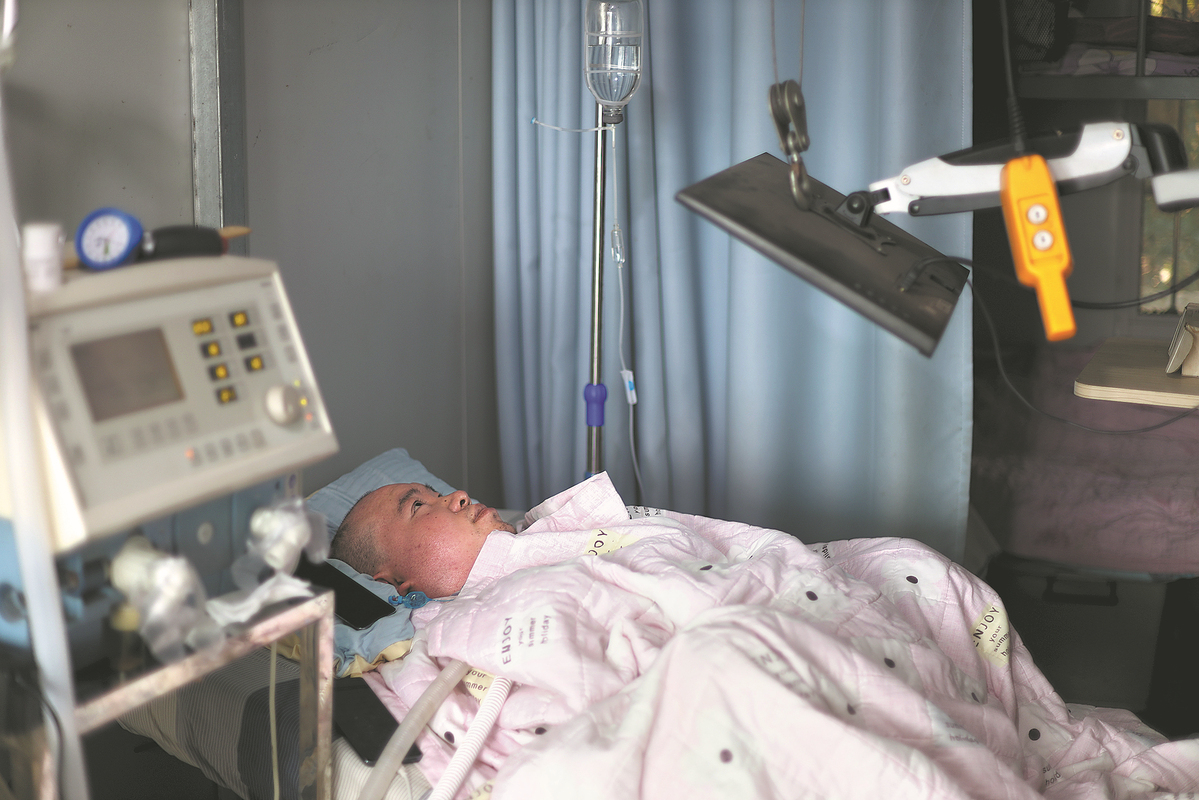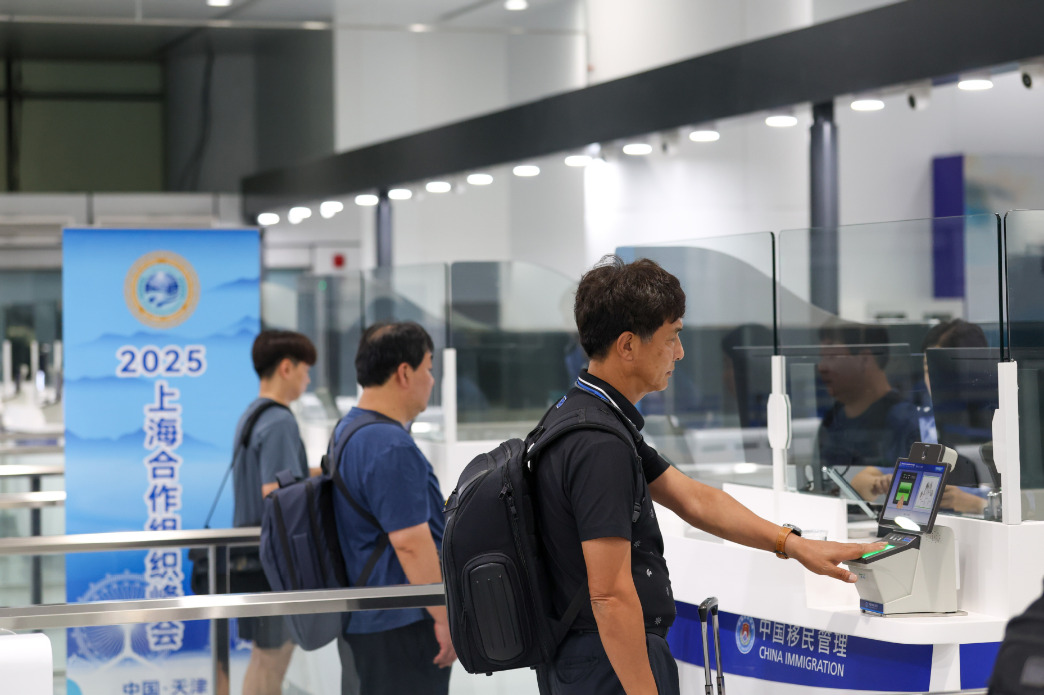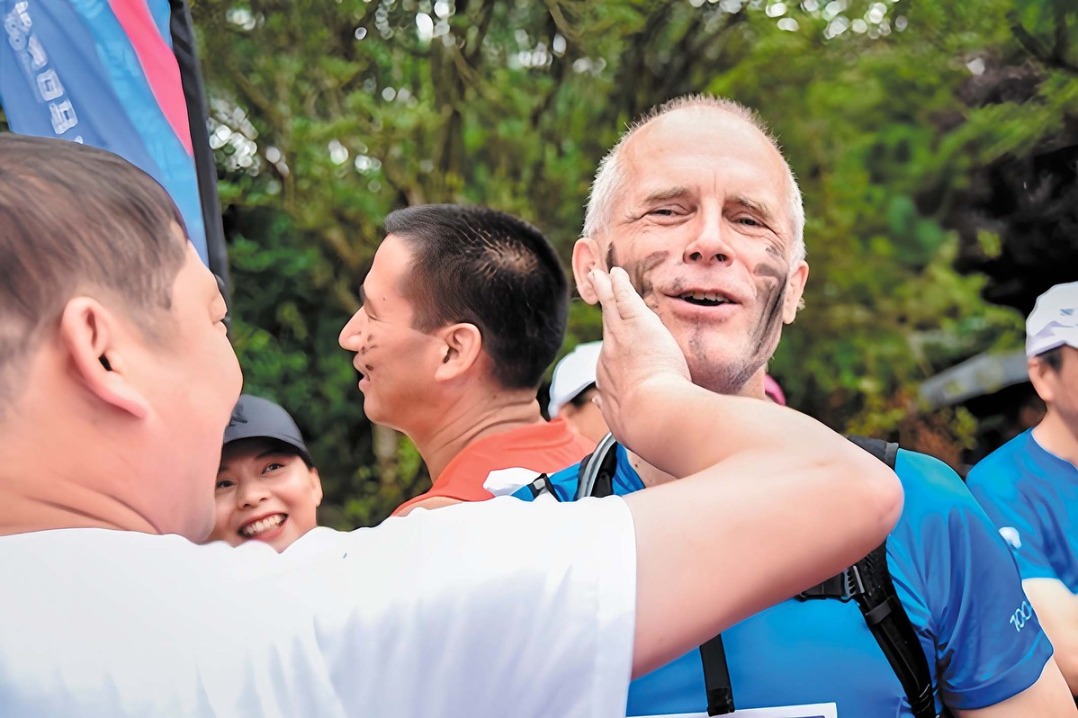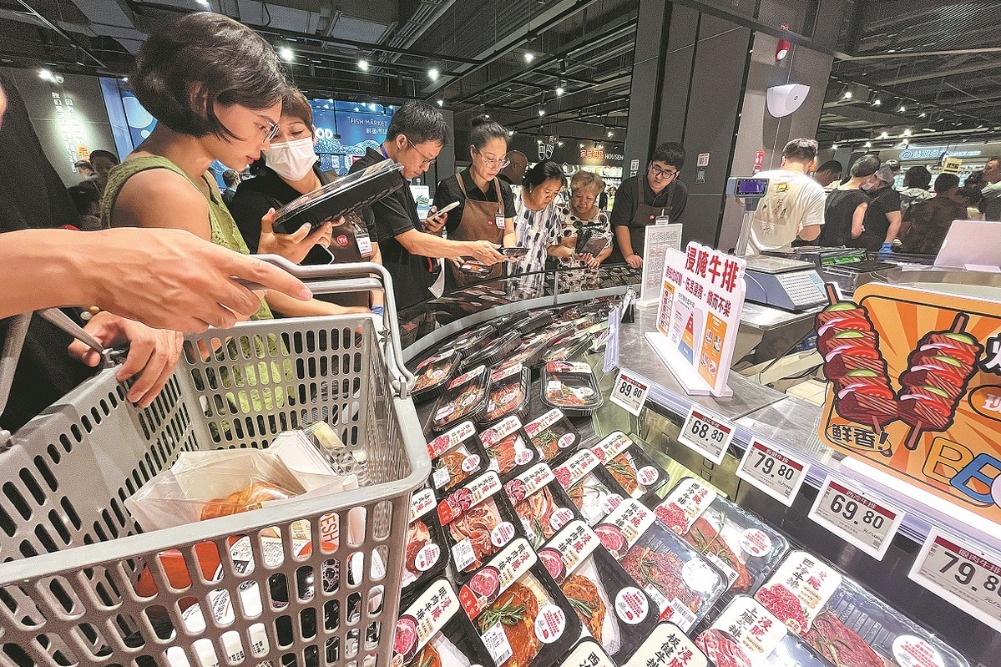Rural Chongqing's 'Stephen Hawking' blazes a trail for smart agriculture


In the picturesque outskirts of northwestern Chongqing, 36-year-old Li Xia, despite grappling with a rare congenital ailment that left him with just a single movable finger and toe, has become a renowned farm owner who runs a smart home farm and is leading fellow villagers toward embracing artificial intelligence.
Self-taught in agricultural internet of things technology, Li is dubbed the "Stephen Hawking of rural Chongqing".
Famed British scientist Hawking (1942-2018) battled ALS throughout his life while making groundbreaking contributions in theoretical physics and cosmology.
Li was diagnosed in childhood with Duchenne muscular dystrophy, a rare genetic neuromuscular disorder. While different from ALS, both conditions can cause muscle weakness and atrophy, sometimes leading to death from complete muscular paralysis. At 32, Li underwent a tracheostomy, as Hawking had. But in a more severe turn, Li's respiratory muscles were impaired, and he has since relied on a ventilator to breathe.
"I never thought I could make it past 30, given that many of my fellow patients died around 20. So now I just want to make the rest of my days count," Li said. After every few sentences, the ventilator prompts him to inhale, causing fluctuations in his voice.
In June, a fresh batch of hydroponically grown celery from his farm — about 5,000 kilograms in total — sold out within a week, bringing in revenue of about 10,000 yuan ($1,400). Another batch has since begun sprouting and is expected to go on sale in mid-September.
Since Li's first crop entered the market in March, after more than three years of experimentation, his farm has attracted wide public attention.
Chongqing Yuchen Farm, located in Shiping village, Mu'er township of Chongqing's Yubei district, specializes in hydroponic vegetable cultivation — a farming method that allows plant growth without soil. The farm now has four greenhouses covering 0.17 hectare.
Inside the greenhouses, automatic shade canopies more than 3 meters high regulate light, while fans circulate air around the celery. Nutrient solution is pumped through pipelines into the hydroponic beds to nourish the plants. In the seedling room, 12 grow lights flicker on simultaneously as more than 30,000 seeds sprout.
From the farm's control room — a converted shipping container — Li manages real-time operations while lying in bed, tubes and ventilator equipment beside him. Using his left index finger to control the mouse and his right index toe to click, he monitors 10 systems displayed on a suspended computer screen.
Meanwhile, his 61-year-old mother, Wu Dimei, walks from greenhouse to greenhouse checking on the crops.
"My son is the brain of the farm, and I am his hands and feet," Wu said.
In addition to caring for Li, Wu handles the farm's daily work — acting as an electrician, planter, machinery technician and crop health manager — all under her son's guidance via video call.
Li's path to science was unusual. He lost the ability to walk and dropped out of school at age 11. But when he borrowed physics textbooks from a neighbor, he became fascinated with electronic mechanics. He taught himself physics and programming using digital technology company Arduino's software and ordered chips online to conduct experiments.
Despite physical challenges and financial hardship, Li stayed optimistic. By working part-time online, he bought his first electric wheelchair at 18, later modifying it for better performance. He also enjoyed traveling with friends and family.
His explorations ended in 2020 when his health declined. His motor functions deteriorated to the point that he only had one functional finger and toe. After undergoing a tracheostomy, his body was tethered to tubes and ventilator support, and he temporarily lost the ability to speak.
Following more than a year of recovery, Li stabilized and returned to his scientific pursuits. Drawing on his programming and IoT skills, he developed an automated irrigation system for his balcony. At 33, he founded Chongqing Yuchen Farm with his mother's support.
After abandoning an early attempt at growing water spinach, Li and Wu succeeded with another variety of spinach, cucumber, Chinese flowering cabbage, lettuce and celery.
"Green, organic, hydroponically grown vegetables offer richer nutrition and a fresher taste compared to soil-grown varieties, making them popular in high-end supermarkets," Li said.
Last summer, he decided to focus on celery, a high-demand vegetable in Chongqing. With its popularity in salads, celery can sell for at least twice the price of soil-grown produce. By the beginning of this year, the farm began turning a profit from the small scale cultivation of celery.
Li's success has drawn support from fellow villagers and local officials, who have offered funding, technology, manpower and marketing help.
"Everyone admires Li," said Ni Jie, the Shiping village chief. "He has introduced smart agriculture to our traditional community, showcasing new technologies and creating jobs."
The local government is considering expanding Li's farm and upgrading nearby facilities to align with his plans.
Li also shares his expertise online, posting practical hydroponics tips on video platform Bilibili, where he has nearly 10,000 followers and more than 13,000 likes. He never talks about his illness in his posts, choosing instead to focus on helping others.
Recently, he was nominated for the Good Samaritan of Chongqing prize for his accomplishments.
Li also advocates for people with rare diseases.
"I hope the public can get to know more about rare diseases," he said. "I've suggested the government include more prescribed medications for rare diseases in medical insurance coverage."
The World Health Organization defines rare diseases as those affecting between 0.65 and 1 per 1,000 people.
More than 300 million people globally are estimated to live with such conditions.
An observation report on rare diseases in China, jointly released on Feb 27 by consultancy firm Frost & Sullivan and the Illness Challenge Foundation, said only about 5 percent of rare diseases worldwide have effective treatment options, and many of the available drugs are prohibitively expensive.
According to the report, China has over 20 million patients with rare diseases.
- Photographer captures Tianjin's rapid transformation over the past 10 years
- The Flying Rainbow of Shanxi: Feihong Pagoda
- China rolls out new guideline to battle illegal fishing and strengthen port inspections
- Innovation transforms embroidered thangka into income source for SW China villagers
- Green spaces bloom in Shanghai, home to over 1,000 parks
- Highly efficient immigration inspection system unveiled at Tianjin airport




































